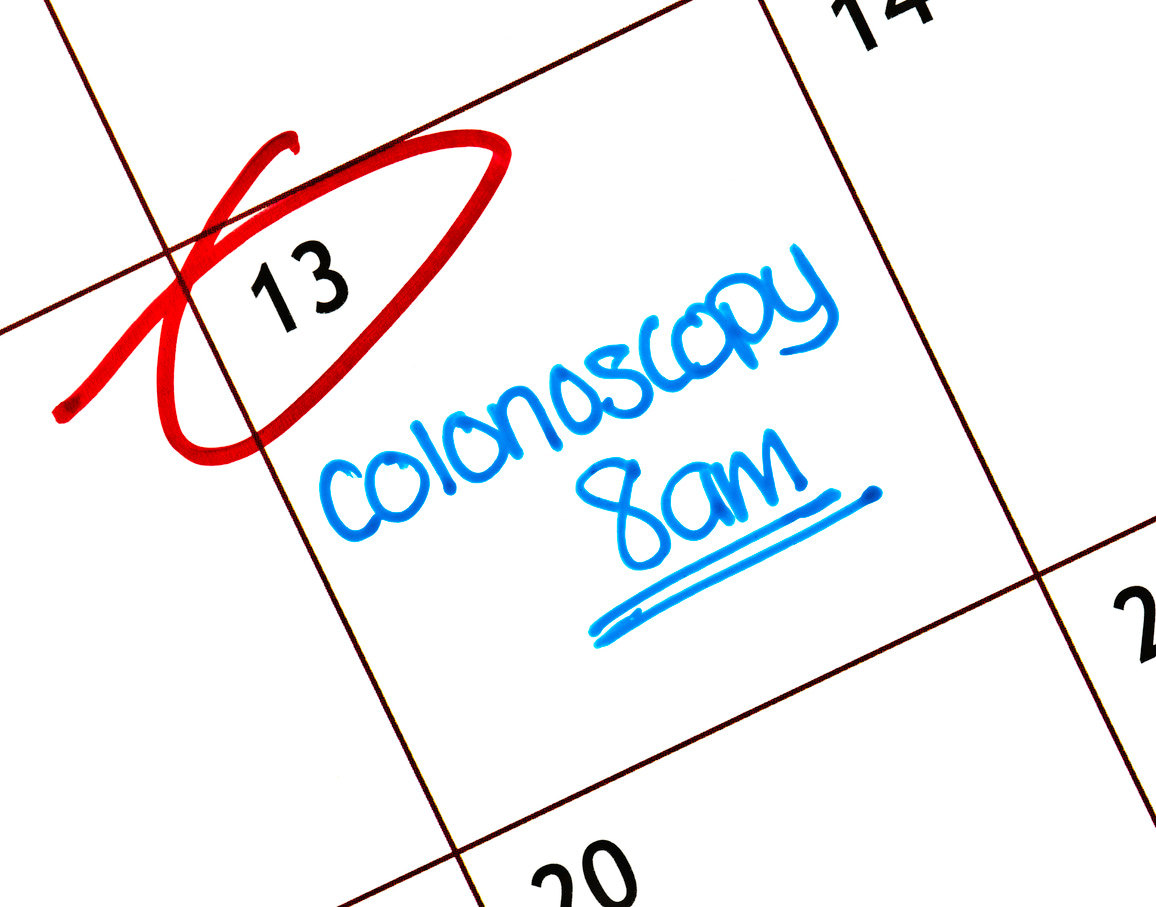
Colon cancer, also known as colorectal cancer, stands as one of the leading causes of cancer-related deaths worldwide. Early detection through screening is pivotal in reducing mortality rates associated with this disease. Colonoscopy, a comprehensive screening method, plays a central role in the early detection and prevention of colon cancer.
Understanding Colon Cancer Screening
Screening for colon cancer is recommended for individuals starting at age 45 or earlier for those with a family history or other risk factors. The goal of screening is to identify and remove precancerous polyps before they develop into cancer and to detect cancer at an early stage when treatment is most effective. Various screening methods are available, but colonoscopy is widely regarded as the gold standard due to its thoroughness and diagnostic accuracy.
The Colonoscopy Procedure
A colonoscopy allows a gastroenterologist to examine the entire colon and rectum using a colonoscope, a long, flexible tube equipped with a video camera. The procedure provides a clear view of the colon's lining to identify any abnormalities, such as polyps or cancer.
Preparation: Successful colonoscopy screening requires thorough bowel preparation, which typically involves a clear liquid diet and taking a bowel-cleansing solution the day before the procedure. This preparation is crucial for ensuring a clear view of the colon's interior.
During the Procedure: Patients are usually sedated to ensure comfort throughout the procedure, which lasts about 30 to 60 minutes. If polyps are discovered, they can be immediately removed and sent for biopsy. This dual capability of diagnosis and treatment is a key advantage of colonoscopy.
After the Procedure: Recovery from sedation takes about an hour, with most patients able to resume normal activities the following day. Some may experience mild discomfort, such as bloating or gas, which quickly resolves.
Prevention Through Colonoscopy
Regular colonoscopy screenings have been shown to significantly reduce the risk of dying from colon cancer. By removing precancerous polyps, colonoscopy not only helps in early detection but also actively prevents the development of cancer. The frequency of colonoscopy depends on individual risk factors, findings from previous screenings, and family history. Most individuals with average risk are advised to undergo screening every ten years.
Navigating Post-Colonoscopy Recommendations
After undergoing a colonoscopy, it's crucial to follow the gastroenterologist's recommendations based on the findings. If no polyps are found and you are considered at average risk, the next screening is generally recommended in ten years. However, if polyps are removed or any abnormalities are detected, the frequency of screenings may increase, depending on the type, size, and number of polyps, as well as personal or family history of colon cancer. It's important to maintain open communication with your healthcare provider about your health history and any changes in your condition to ensure personalized and effective prevention strategies.
Overcoming Common Fears and Misconceptions
Despite its proven effectiveness, many individuals delay or avoid colonoscopy screenings due to fears and misconceptions about the procedure. Common fears include concerns about pain, embarrassment, and the risk of complications. It's important to address these concerns by providing accurate information. Medical professionals emphasize that colonoscopies are conducted under sedation, minimizing discomfort. Privacy and dignity are strictly maintained throughout the process, and the risk of complications is very low. Healthcare providers are committed to making the screening as comfortable and safe as possible, underscoring the procedure's life-saving benefits.
Conclusion
Colonoscopy stands as a cornerstone in the fight against colon cancer, offering both a preventive and diagnostic approach to managing one of the most common and deadly forms of cancer. Its ability to detect and remove precancerous growths before they progress into cancer underscores the importance of regular screening. Adherence to recommended screening schedules and preparation guidelines ensures the effectiveness of colonoscopy in saving lives through early detection and prevention. If you're approaching the recommended age for screening or have risk factors for colon cancer, discuss colonoscopy with your healthcare provider to determine the best screening plan for you.
